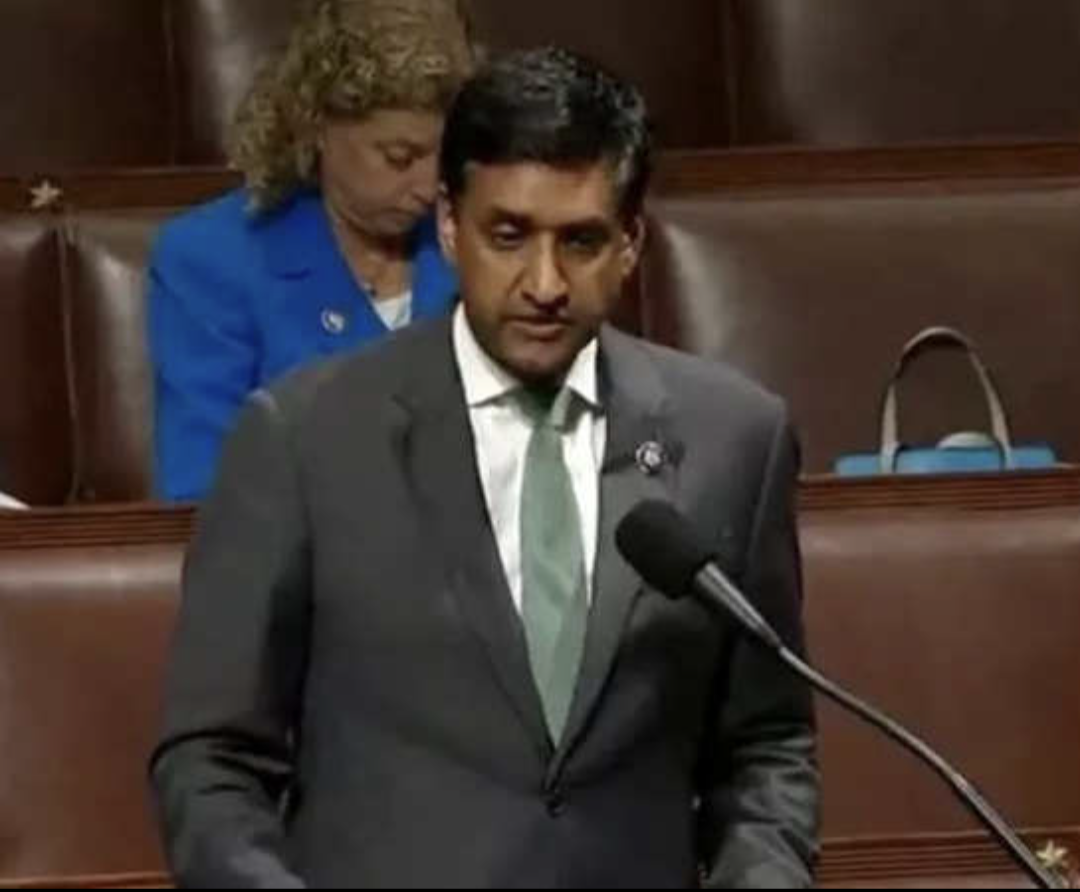The US House of Representatives passed by voice vote a legislative amendment that approves a waiver to India under the CAATSA sanctions for India’s purchase of the sophisticated S-400 missile system from Russia to help deter China’s aggression. The legislative amendment was passed on Thursday as part of an en bloc (all together as a single unit) amendment during floor consideration of the National Defence Authorisation Act (NDAA).
The amendment was authored and introduced by Indian-American Congressman Ro Khanna. It urges the Biden administration to provide India with a Countering American Adversaries through Sanctions Act (CAATSA) waiver to help deter China’s aggression.
CAATSA is a tough US law that authorises the US administration to impose sanctions on any country that is engaged in the purchase of major defence hardware from Russia in response to Russia’s annexation of Crimea in 2014 and its alleged meddling in the 2016 US Presidential Elections.
"The United States must stand with India in the face of escalating aggression from China. As Vice Chair of the India Caucus, I have been working to strengthen the partnership between our countries and ensure that India can defend itself along the Indian Chinese border. This amendment is of the utmost importance, and I am proud to see it pass the House on a bipartisan basis“ said Mr Khanna, the US representative from California's 17th congressional district.
In the month of October 2018, India inked a $5.43 billion deal for 5 squadrons of the S-400 missile system. despite a warning from the then-Trump administration that going ahead with the contract may invite US sanctions. The S-400 is known as Russia's most advanced long-range surface-to-air missile defence system. The US has already imposed sanctions on Turkey under the CAATSA for the purchase of a batch of S-400 missile defence systems from Russia. Following the US sanctions on Turkey, there were apprehensions that Washington may impose similar punitive measures on India.
The legislation says that the United States-India Initiative on Critical and Emerging Technologies (ICET) is a welcome and essential step to developing closer partnerships between governments, academia, and industry in the two countries to address the latest advances in artificial intelligence, quantum computing, biotechnology, aerospace, and semiconductor manufacturing. Such collaborations between engineers and computer scientists are vital to help ensure that the United States and India, as well as other democracies around the world, foster innovation and facilitate technological advances which continue to far outpace Russian and Chinese technology, it said.
Ro Khanna further added that India relies on Russian-built weapons for its national defence and the United States must take additional steps to encourage India to accelerate its transition off Russian-built weapons and defence systems while supporting India’s immediate defence needs. In the final sub-head of the amendment, Khanna said that the waiver of CAATSA sanctions is in the best interests of the United States and the United States-India defence relationship.
